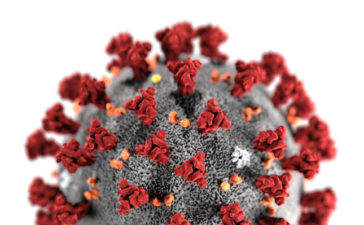According to a new research, studies have found that smart bandage could expedite healing.
A microcontroller no larger than a postage stamp, which could be triggered by a smartphone or other wireless device, sends small amounts of voltage through a chosen fibre.
A single bandage could accommodate multiple medications tailored to a specific type of wound, the researchers said, while offering the ability to precisely control the dose and delivery schedule of those medications.
The combination of customization and control could substantially improve or accelerate the healing process, said Ali Tamayol, assistant professor of mechanical and materials engineering at Nebraska.
“This is the first bandage that is capable of dose-dependent drug release,” Tamayol said. “You can release multiple drugs with different release profiles. That’s a big advantage in comparison with other systems. What we did here was come up with a strategy for building a bandage from the bottom up.
“This is a platform that can be applied to many different areas of biomedical engineering and medicine,” he added.
Those wounded in combat might also benefit from the bandage’s versatility and customizability, Tamayol said, whether to stimulate faster healing of bullet and shrapnel wounds or prevent the onset of infection in remote environments.
“Soldiers on the battlefield may be suffering from a number of different injuries or infections,” he said. “They might be dealing with a number of different pathogens. Imagine that you have a variable patch that has antidotes or drugs targeted toward specific hazards in the environment.”
In the meantime, he said, the researchers are also working to incorporate thread-based sensors that can measure glucose, pH and other health-related indicators of skin tissue.
Integrating that capability would allow the team to create a bandage that could autonomously deliver proper treatments.




